The Pakistan cricket team's campaign at the T20 World Cup 2024 was meant to be a triumphant return to the global stage. With a talented squad and a promising mix of youth and experience, the team was expected to make a deep run in the tournament and bring home the coveted title. The team's strong performance in the previous edition of the tournament had raised hopes and expectations among the fans.
Although the team's preparation and build-up to the tournament had not been promising, with a mix of winning, losing and drawing series against the teams like Ireland, New Zealand and England, the side was still seen as a strong contender to lift the World Cup. Despite the omission of several talented and deserving players, the squad seemed promising enough to pose a challenge to weaker teams like USA, Canada, and Ireland in their group, except for India.
However, things didn't quite go as planned. The team's performance in the tournament was lackluster, to say the least. They struggled against weaker opponents and failed to win crucial matches, eventually crashing out of the tournament in the group stages. The nation was left in shock and disbelief, with fans and experts alike scratching their heads to make sense of the team's dismal performance.
The dreams of a championship win were shattered, and the team's performance was widely criticised by fans and experts alike. The post-mortem analysis of the team's failure has already begun, with fingers being pointed at various factors such as poor leadership, outdated approach, lack of fitness, poor team selection, ineffective bowling, a lack of aggression, and poor top and middle-order batting. The team's captain, coach and management have come under intense scrutiny, with many calling for their removal.
However, with all the criticism and analysis, an important aspect has been overlooked – the mental toll that the team's failure has taken on the players. The harassment and public criticism that the players faced, both online and offline, is a bitter reminder of the harsh realities of modern-day cricket.
Moreover, the frequent changes in the management and leadership of the Pakistan Cricket Board (PCB) have also contributed to the team's failure. The constant changes in the team's leadership, captaincy, and selection policies have created a sense of uncertainty and instability among the players. The delay in announcing the team for the tournament and the frequent changes in the team's composition just before the World Cup campaign have also had a negative impact on the team's morale and performance.
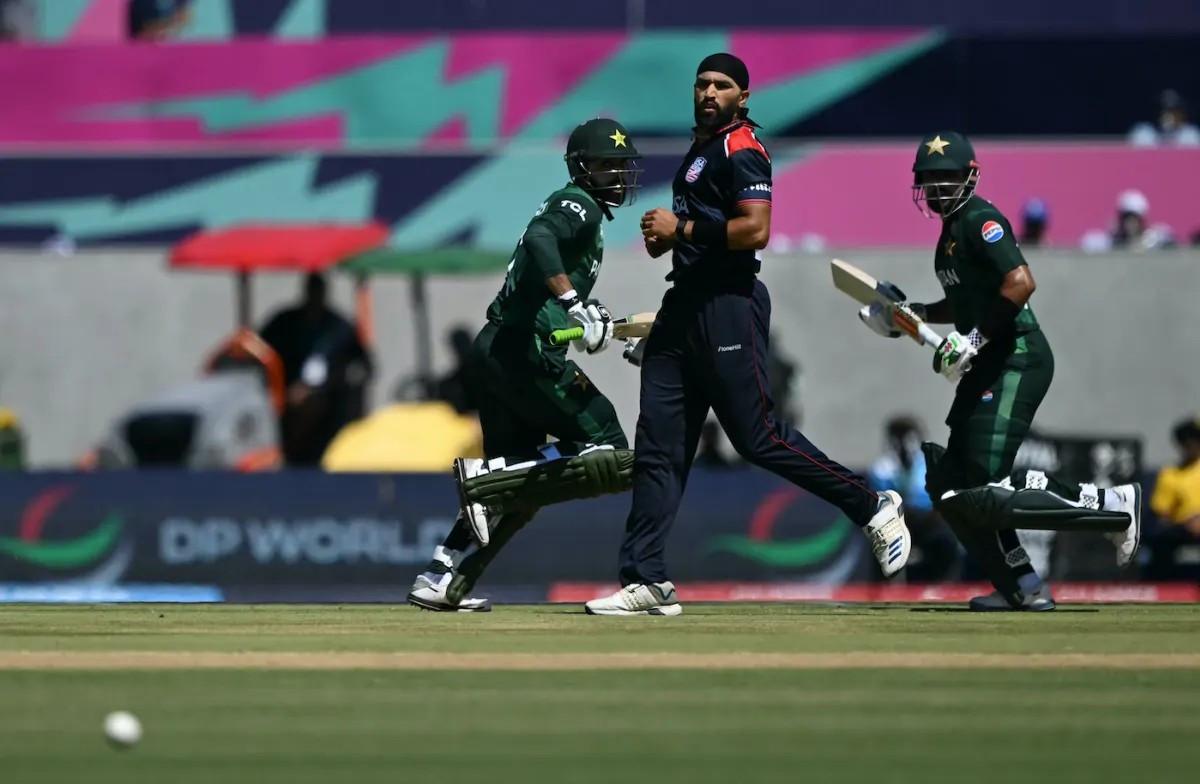
The promise unfulfilled
Pakistan's cricket team entered the World Cup with high expectations, having drawn series against England and boasting a talented squad. However, their first match against the USA team, making its tournament debut, did not go as planned. Despite chasing a modest total, the top order collapsed like a house of cards, with only two batsmen making significant contributions. The middle order added some runs, but the lower order failed to impress, succumbing to pressure and poor shot selection.
The bowling attack, comprising Shaheen Shah Afridi, Haris Rauf, Muhammad Amir, and Nasim Shah, was expected to restrict the USA team and pave the way for a comfortable win. However, Pakistan lost seven wickets, while the USA team lost only three, leading to a nerve-wracking super over. Unfortunately, Muhammad Amir, experienced as he was, couldn't handle the pressure, and Pakistan conceded 18 runs, making it a daunting task for their batters to score in the final over.
The fans were disappointed but optimistic about a comeback in the next match against arch-rivals India, one of the most highly anticipated matches in the tournament. This time, the bowlers did their job exceptionally well, restricting India to a low total. However, the batting woes continued, with the experienced Imad unable to make a significant impact, and the team faltering under pressure.
Pakistan's fortunes changed with wins against Ireland and Canada, but their qualification to the Super 8 stage relied on other teams' performances, a familiar and frustrating scenario for the team and its fans. Unfortunately, rain played spoilsport, washing away their hopes, and the USA team qualified for the Super 8 stage on their debut, dashing Pakistan's dreams and leaving fans heartbroken.
Fans criticised Pakistan's outdated approach under Babar Azam's captaincy, relying on anchoring innings from him and Mohammad Rizwan, hoping their strong bowling attack will salvage wins. Despite opportunities to change course, PCB continues to back the duo, while hesitantly supporting other players like Saim Ayub and Azam Khan. Former player Ahmad Shehzad spoke out, stating that under Babar's captaincy, Pakistan has been losing to mediocre teams, a trend he saw coming.
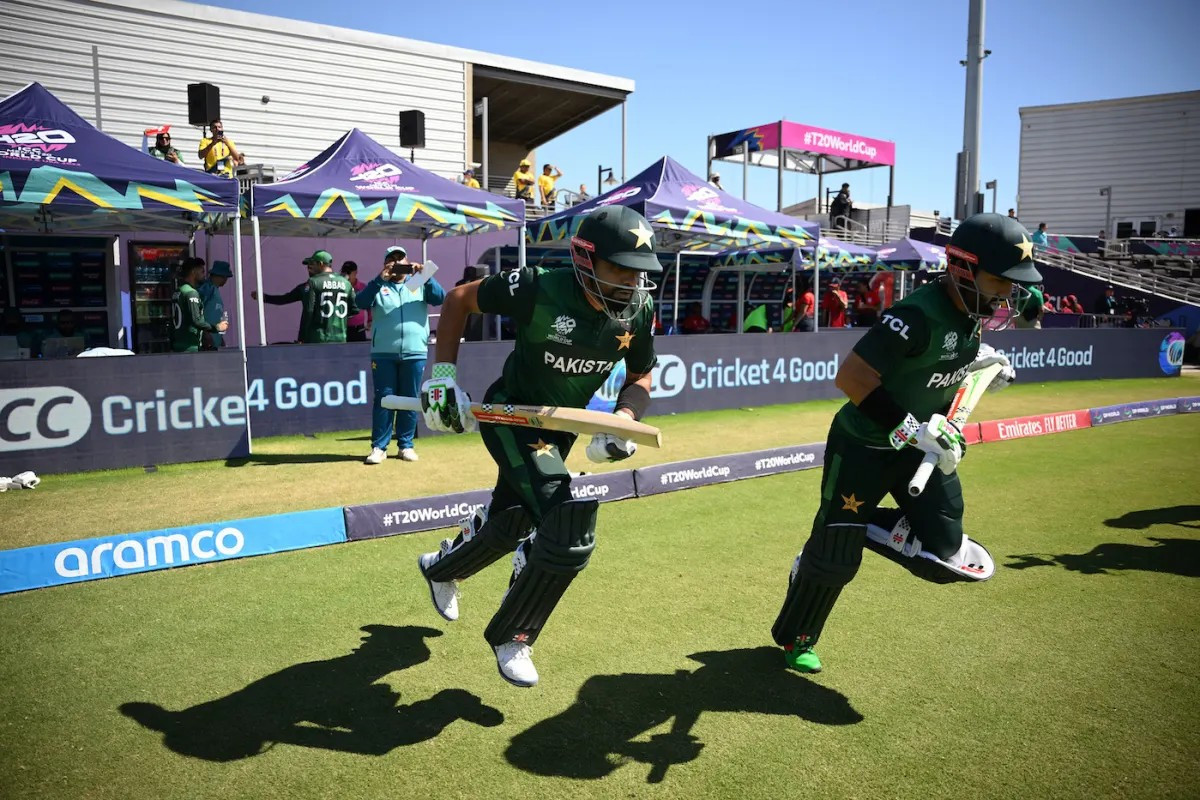
The consequences
Pakistan's early exit from the T20 World Cup 2024 poses far-reaching and devastating implications. The team's failure to advance beyond the group stage has tarnished their reputation as a competitive force in international cricket. The PCB's inability to address the team's weaknesses and poor decision-making is being scrutinised by the cricket community, fans, and media. The team's reputation has taken a significant hit, and it will take a considerable amount of time and effort to restore it.
The fans are disillusioned and frustrated, and their support and interest in the team have declined significantly. The trust and faith that the fans had in the PCB and the team have been shaken, and it will be challenging to regain their confidence. The early exit has also impacted the team's future prospects, making it harder to attract sponsors, talent, and coaching staff. The PCB's inability to develop a competitive team will hinder the growth of cricket in Pakistan, affecting the sport's popularity and development at the grassroots level.

The financial implications of the early exit are also significant. The PCB will suffer a substantial loss of revenue. The revenue generated from international matches is a crucial source of funding for the PCB, and the loss of this revenue will make it challenging for the board to invest in grassroots development programs, talent development initiatives, and infrastructure development projects. Pakistan's ranking in the ICC T20 rankings will also suffer, making it harder for the team to qualify for future tournaments and attract top-tier opponents for bilateral series.
The team's poor performance has raised questions about the leadership and coaching staff, with many experts calling for a complete overhaul of the team's management structure. The experiment with different players and strategies has been widely criticized, and the team's lack of preparation and poor fitness levels have been exposed. A thorough analysis of the team's performance suggests that a lack of vision, poor planning, and inadequate execution are the root causes of their failure.
These are a bitter reminder of the importance of accountability and transparency in the PCB's decision-making processes. The team's failure is not just a setback for the players and the PCB but also has far-reaching implications for the future of cricket in Pakistan. The team needs a complete overhaul of the team's management structure, coaching staff, and player selection criteria is necessary to restore the team's reputation and competitiveness. The future of Pakistan cricket depends on it, and the PCB must act now to restore the faith of the fans and bring back the glory days of Pakistan cricket.
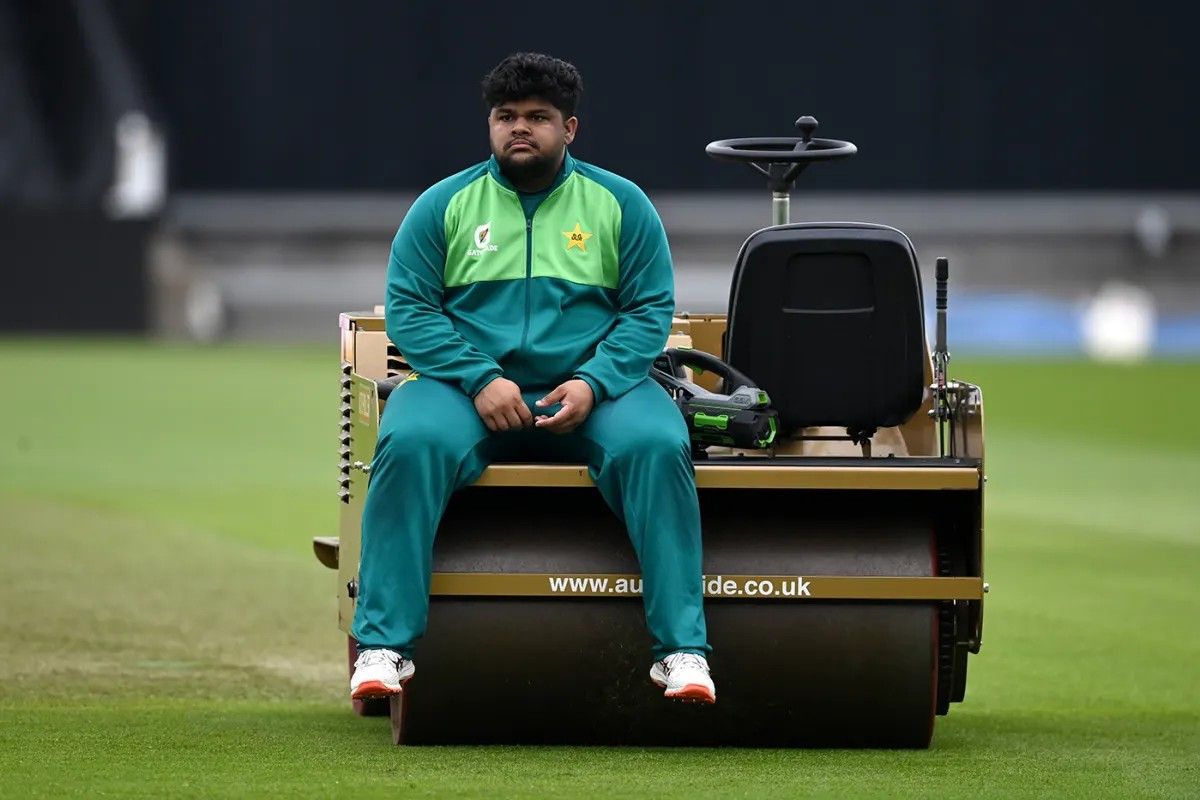
Fitness issues
In modern cricket, fitness is no longer a luxury, but a necessity. The game requires quick movements, rapid decision-making, and sustained intensity over a long period. Players who are not fit will struggle to keep up with the pace of the game, and will be left behind by their opponents.
To succeed, players need to have a high level of cardiovascular endurance, muscular strength and endurance, speed, agility, and flexibility. Fitness is essential for preventing injuries, enhancing performance, building mental toughness, adapting to different conditions, and extending a player's career. Without a strong focus on fitness, players will struggle to keep up with the demands of the game, and their performance will suffer accordingly. By prioritizing fitness, players can reduce their risk of injury, and maintain their performance levels over a longer period.
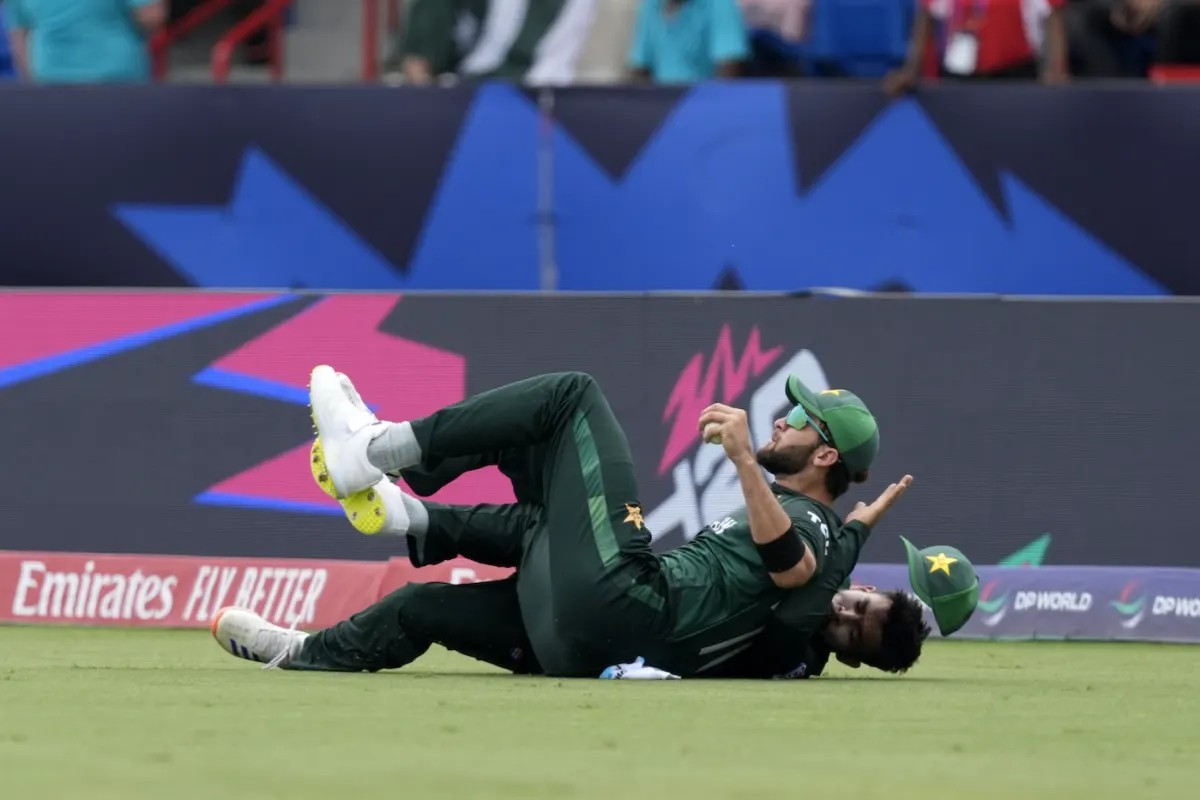
In addition, fitness also improves mental toughness, which is critical in high-pressure situations. Players who are fit are more confident, focused, and better equipped to handle stress and pressure. They are also more adaptable, and can adjust their game to suit different conditions and opponents.
Fitness also helps players extend their careers, as they can maintain their performance levels over a longer period. This means that fit players can continue to contribute to their teams, and enjoy a longer and more successful career.
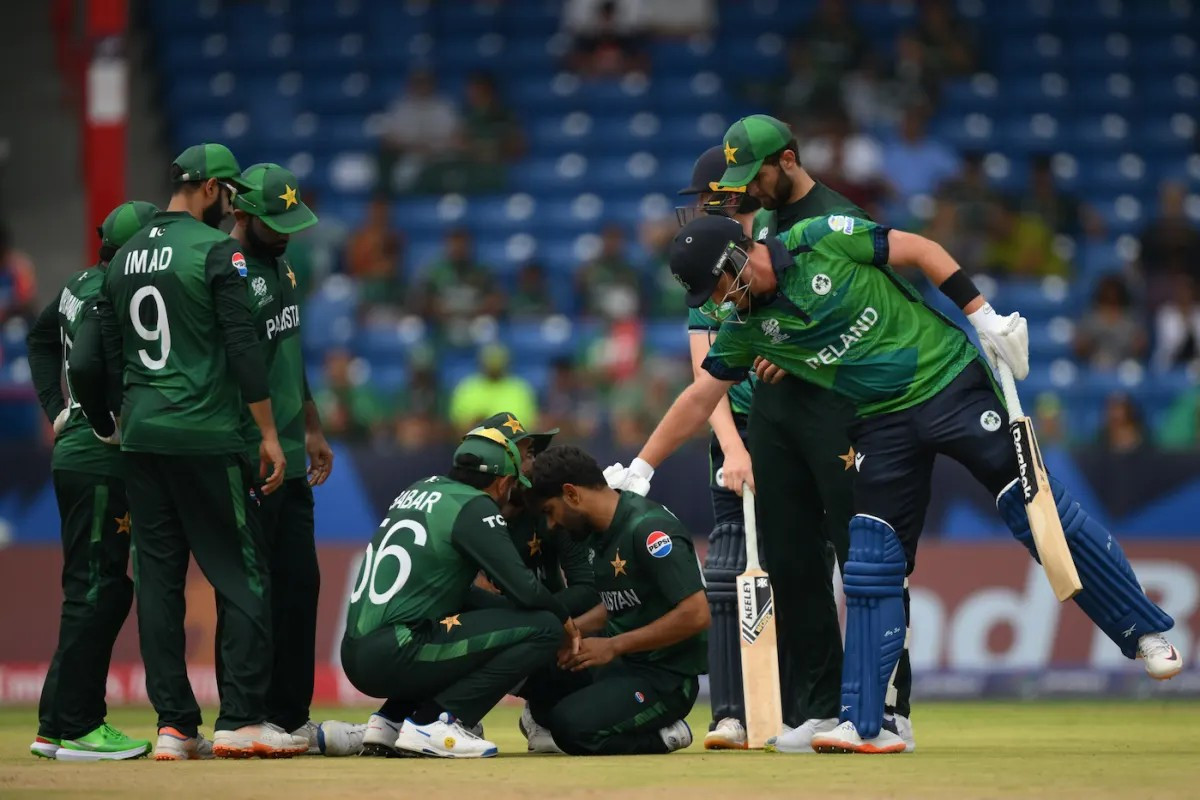
Mohammad Hafeez, who was sacked as soon as Naqvi stepped in as the PCB chief, criticized the team's lack of focus on fitness under Babar's captaincy and Mickey Arthur's coaching, citing poor fielding and frequent injuries. He alleged that the skin fold of all the players was high - for most players it was 1.5 times the limit. He also said that the players were told to ignore fitness parameters, resulting in high fat levels and inability to complete a two-kilometre trial run.
The consequences of this neglect were evident in the tournament, as players with higher fat levels and lower speed and agility struggled with chasing and catching the ball. This is an area where the PCB must focus its attention to improve the team's performance.

The respect for players
As seen in the past, especially in South Asian countries, whenever the team wins a major tournament, the fans make the cricketers their heroes for life. However, as soon as the team fails, like in this tournament, the team gets a severe backlash not just online, but in their daily lives too. The fans' admiration and adoration quickly turn into anger and frustration, leading to a vicious backlash against the players. This toxic culture of hero-worship and scapegoating has severe consequences for the players, who are subjected to harassment, abuse, and even physical violence.
The recent harassment incident involving Haris Rauf, a young and talented Pakistani cricketer, has sent shockwaves through the cricket community. The incident occurred when Rauf was subjected to verbal abuse and harassment by a fan during his walk with his wife in USA. The incident has sparked widespread outrage and condemnation, with many calling for greater respect and support for players, even in times of poor performance.
The incident highlights the darker side of sports fandom, where players are often subjected to abuse and harassment for their performance on the field. The pressure to perform can be overwhelming, and players like Rauf, who are still learning and developing their skills, need support and encouragement rather than ridicule and abuse.
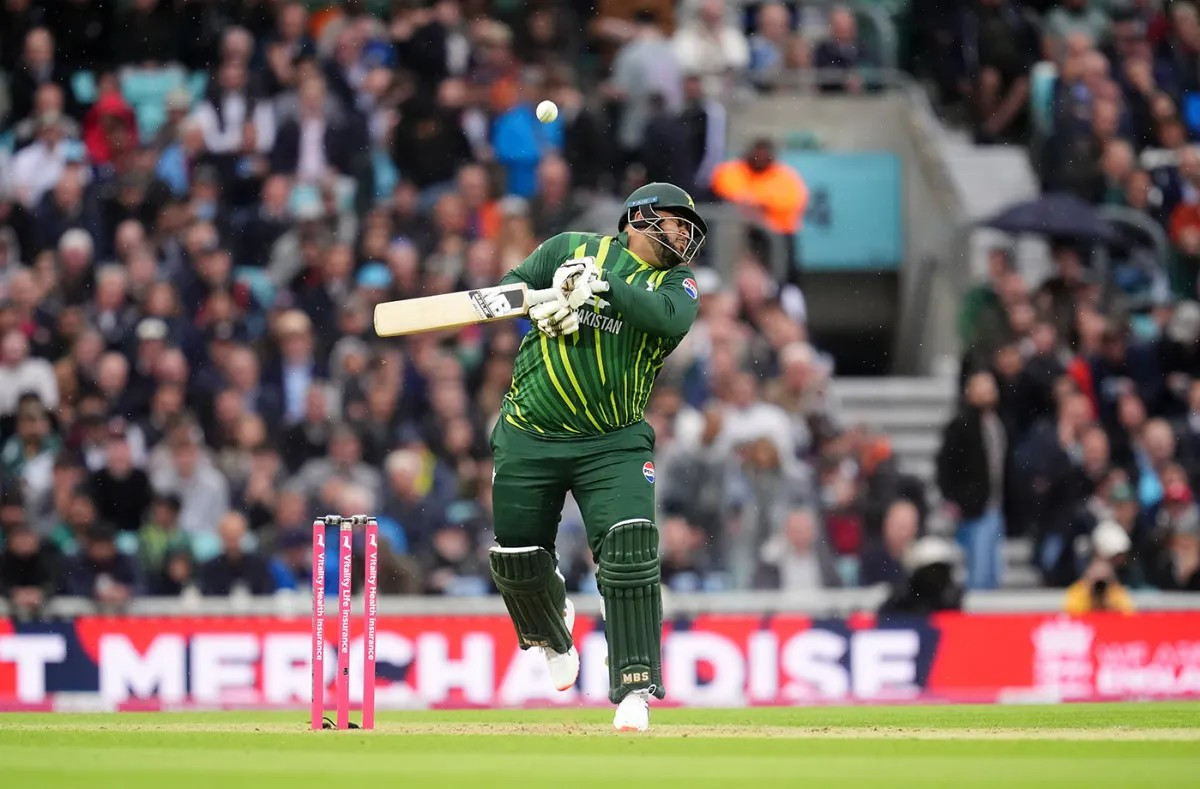
Public harassment and criticism can have devastating effects on a player's morale and performance. The constant scrutiny and pressure to perform can lead to anxiety, depression, and a loss of confidence. Players, who are already under immense pressure to perform, need a supportive environment that encourages them to grow and develop their skills.
The incident also raises questions about the culture of sports fandom for Pakistani fans. While passion and enthusiasm are essential components of sports fandom, they should not cross the line into abuse and harassment. Fans have a responsibility to support their teams and players, even in times of poor performance, and to treat them with respect and dignity.
Furthermore, the incident highlights the need for greater support and protection for players from the PCB and other governing bodies. They need to be protected from abuse and harassment, and provided with a safe and supportive environment that allows them to grow and develop their skills.
In addition, the incident also raises questions about the role of social media in perpetuating abuse and harassment. Social media platforms can be breeding grounds for abuse and harassment, and players are often subjected to vicious online trolling and abuse. Social media companies have a responsibility to protect players from online abuse and harassment, and to create a safe and supportive environment for them.
It is essential that fans, cricket board, and ex-players work together to create a safe and supportive environment for players. By working together, we can create a culture of respect and support for players, and ensure that incidents like the one involving Rauf do not happen again in the future.
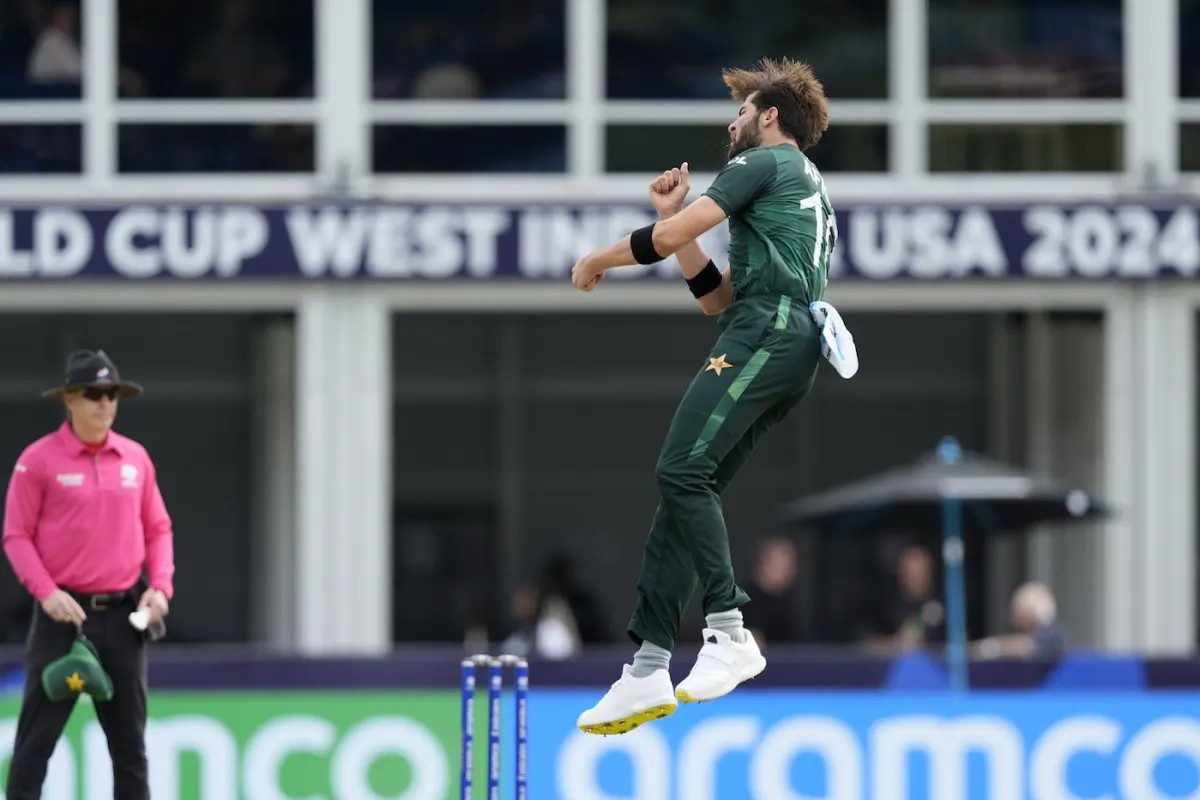
‘Major surgery’
PCB Chairman Mohsin Naqvi's call for a "surgery" in Pakistan's cricketing culture is apt. To move forward, overhaul needs to start from the grassroots and extend to the top, where policymakers make decisions. Shoaib Malik, a veteran player, highlights the lack of match-awareness among emerging players, attributing it to selection based on personal relationships rather than talent.
The team management has failed to deliver results and should be replaced with a more competent and experienced leadership. The coaching staff needs to be strengthened with experienced professionals who can provide specialized training and guidance to the players.
The player selection process needs to be based on merit and performance, rather than nepotism and favoritism. The team should be selected based on a combination of experience, form, and talent, rather than relying on a few senior players. Young and talented players should be given a chance to prove themselves, rather than being ignored or overlooked.
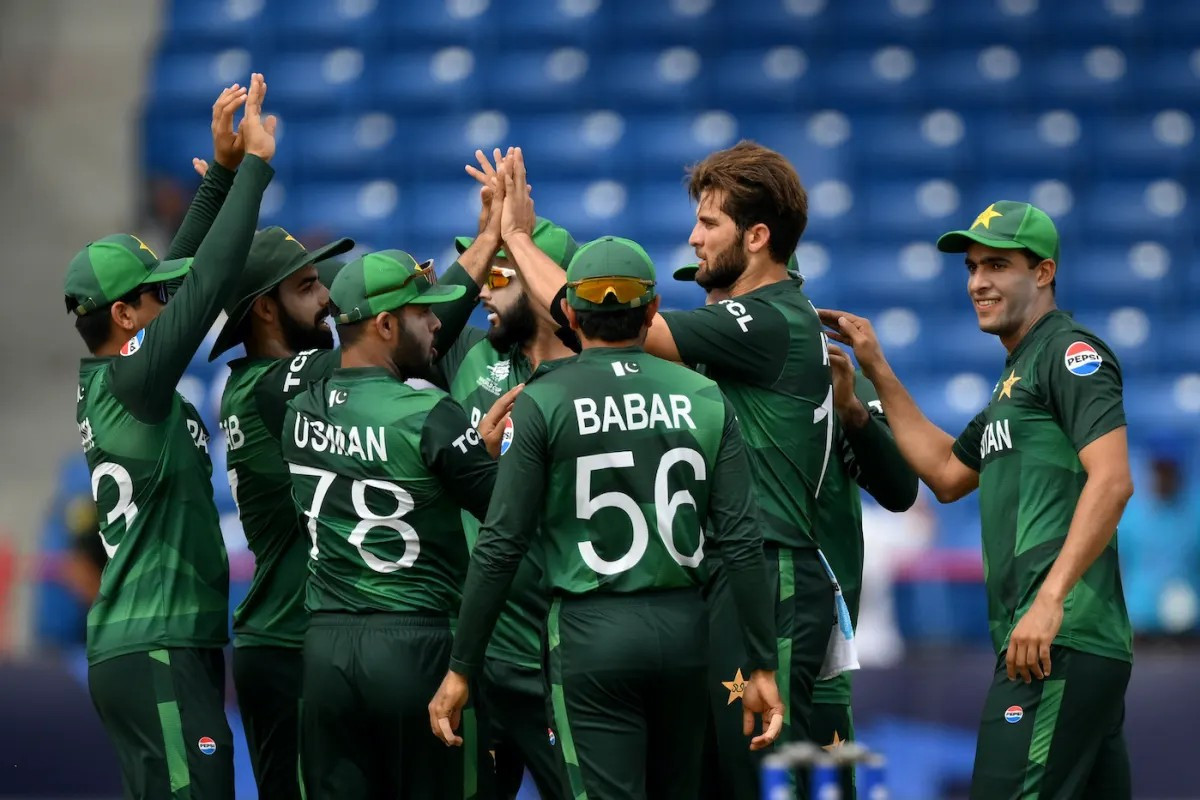
The team's strategy needs to be based on a clear understanding of the game and its requirements, rather than relying on intuition and guesswork. The team should focus on building a strong foundation, rather than relying on individual brilliance. They should adopt a flexible and adaptable approach, rather than being rigid and inflexible.
Furthermore, the PCB needs to invest in grassroots development programs to identify and nurture young talent. They should establish a robust and transparent system for selecting and managing the team. The PCB should provide adequate resources and support to the team, including access to world-class training facilities and coaching expertise.
With the next ICC tournament a year away, the onus is on the PCB and Naqvi to revolutionize the team, adopting a modern outlook and approach. This is a chance to transform Pakistan cricket, moving away from outdated methods and embracing a fresh perspective and regain its position as a formidable force in international cricket. The team can once again become a source of pride for the nation, and the fans can enjoy the thrill of watching their team compete at the highest level. It's time for Pakistan cricket to move forward and reclaim its rightful place in the world of cricket.
